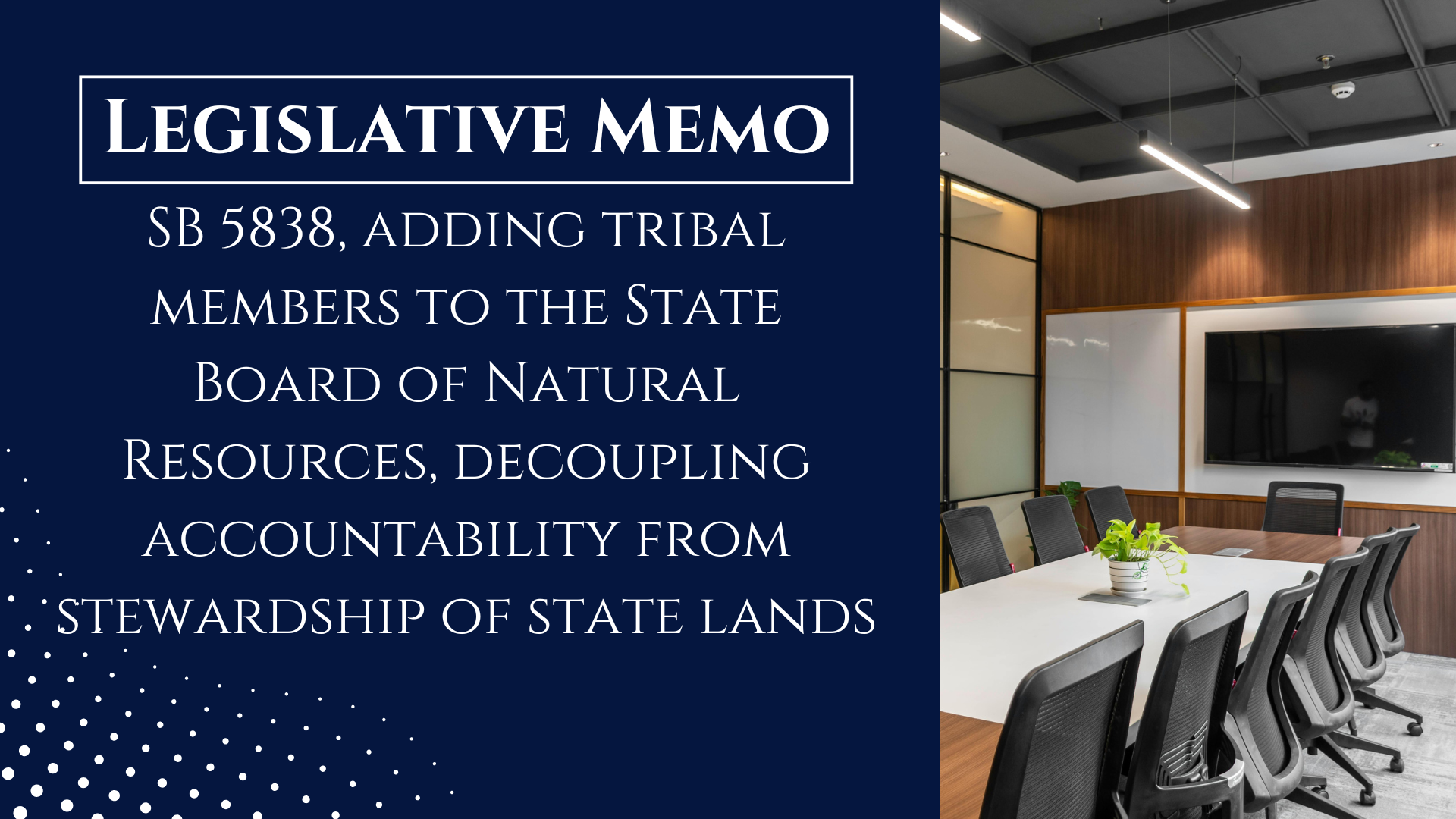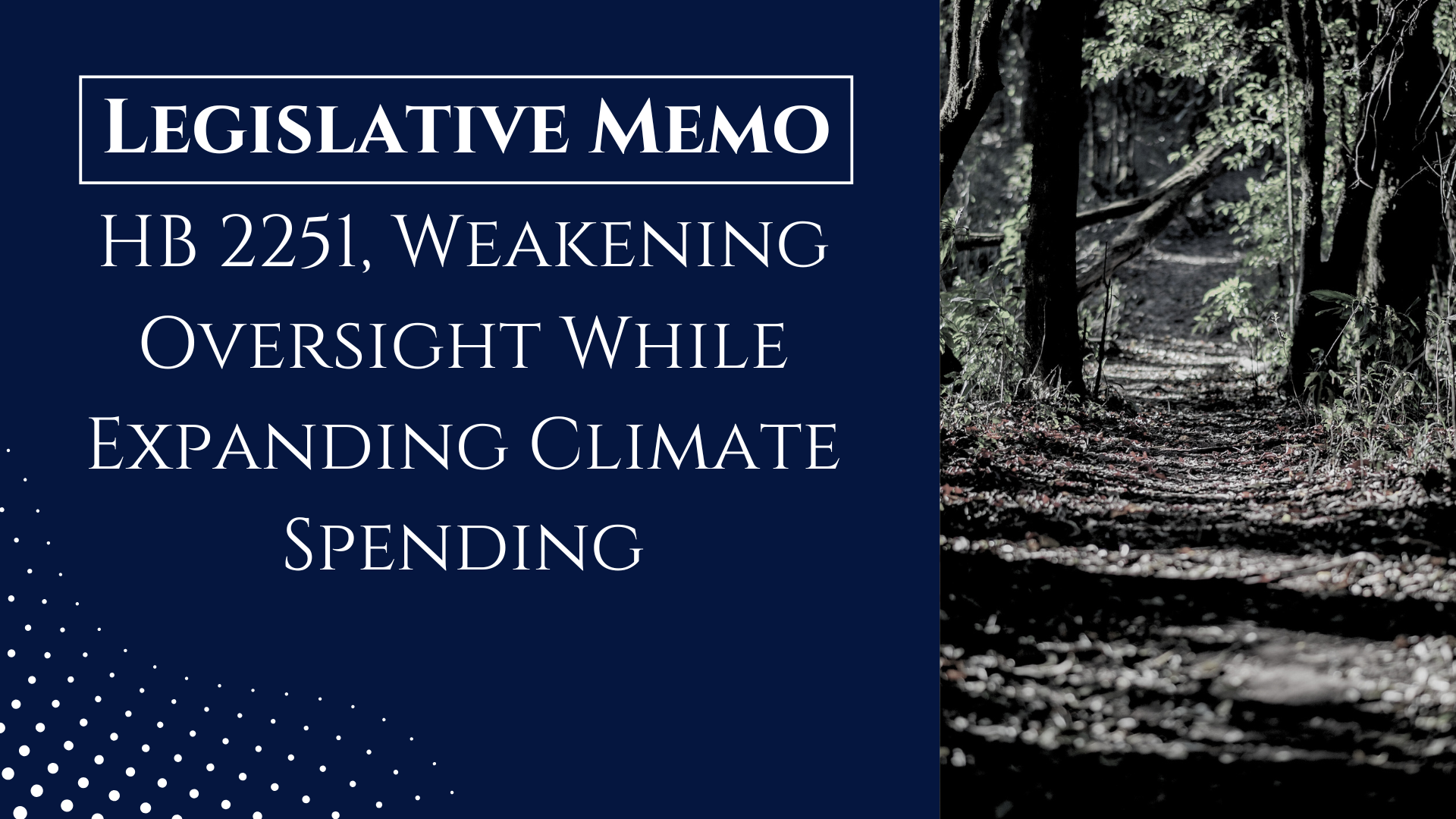Farmers in Washington state are extremely concerned about proposed legislation that would require them to set aside large buffers on each side of streams on their land to improve habitat for salmon. The bill, HB 1838, offers to offset the cost by providing grants to cover the impact. The grants are based on a similar program for forest buffers called the Forest Riparian Easement Program (FREP).
Based on the results of that program, however, farmers should be very skeptical of the promises of compensation in HB 1838.
The proposed legislation says the grants “must cover at least 70 percent of the landowner's cost to establish and maintain the riparian management zone, or 90 percent of the landowner's cost if there is an economic hardship.” The legislation notes that, “The riparian habitat conservation grant program must be funded with state or federal funds.” This approach is similar to the language in the Forests & Fish Law that created the FREP, which notes that, “All compensation and reimbursement to the small forest landowner is subject to available funding.”
While many are focused on concerns about how to calculate “landowner’s cost,” experience with the FREP indicates the legislature may not provide the funding to cover costs even if (or especially if) the calculation is generous.
Currently, the FREP is underfunded and there is a list of more than 100 projects waiting for compensation. Even if the language in HB 1838 was changed to offer compensation at the market rate of the land, the legislature could simply refuse to fully fund the Salmon Recovery Account, leaving farmers with an unfunded mandate. They would still have to meet the buffer requirements, but the state would not provide compensation or compensation would be extremely delayed.
Increasing salmon populations benefits all Washington residents and we should all share the cost of habitat restoration rather than impose the costs on farmers whose land happens to be in the wrong place. The bill’s promise of grants to cover a portion of the cost is an attempt to acknowledge that societal obligation. In reality, it is likely to be a false promise, with the bill admitting that future legislators could do what existing legislators are doing with the FREP – refusing to fund the already inadequate promise they made.
Advocates of HB 1838 will argue the bill must be adopted because salmon are an important part of the Northwest lifestyle. But if habitat restoration is important only if someone else pays the price, it demonstrates that legislators don’t actually value salmon recovery as much as they claim.






